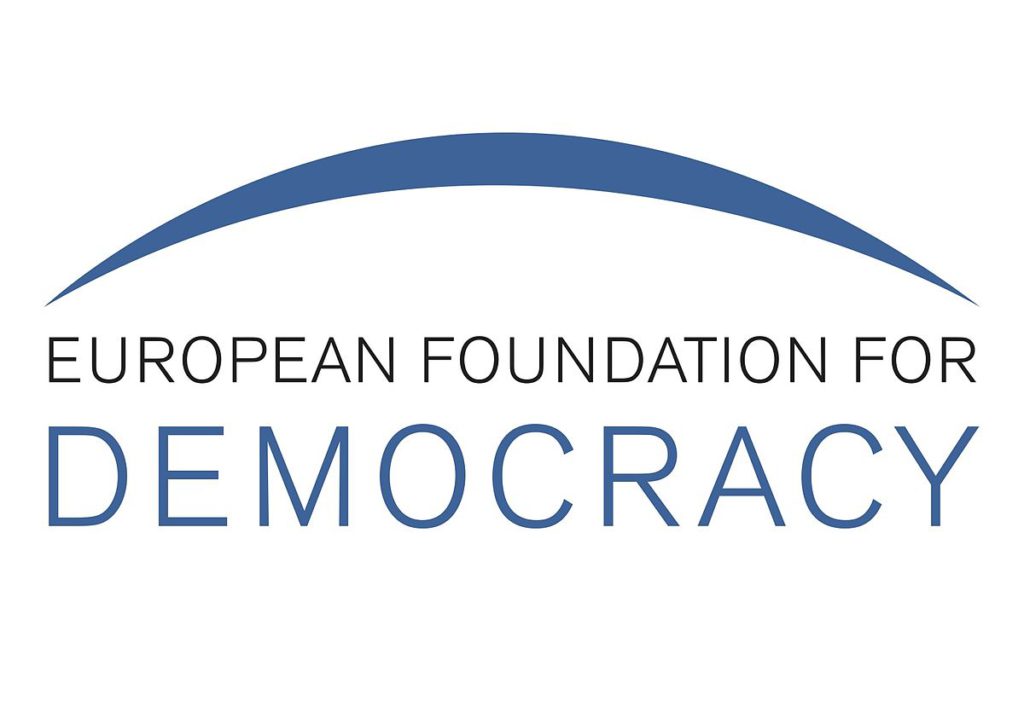Event

After the presidential elections in Iran: are sanctions working?
On 10 July 2013, the European Foundation for Democracy and the Centre for European Studies hosted a panel debate on the extent that international sanctions against Iran are working, as intended, following the presidential elections. The guest speakers were Dr. Emanuele Ottolenghi, Senior Fellow at the Foundation for the Defense of Democracies in Washington, DC and MEP Lena Kolarska-Bobińska.
The recent victory of Hassan Rouhani in Iran's presidential elections has been hailed as a victory for reformists and a sign that Iran's tense relations with the West could be entering a new era. However, he remains loyal to the Islamic Revolution, having served in the National Security Council and as chief negotiator on the nuclear issue. All of Iran's other government institutions remain in deeply conservative hands including, critically, nuclear policy, directly controlled by the Supreme Leader Ayatollah Ali Khamenei.
As the country struggles with rising inflation and unemployment, as well as collapsing oil revenues due to international sanctions, can the election of Mr Rouhani be explained by the pressure of economic sanctions and international isolation? Is this a turning point for the regime's willingness to negotiate its nuclear programme and a step away from possible armed conflict? These are just several of the questions which were discussed during the lively exchange between our guest speakers and the audience.
